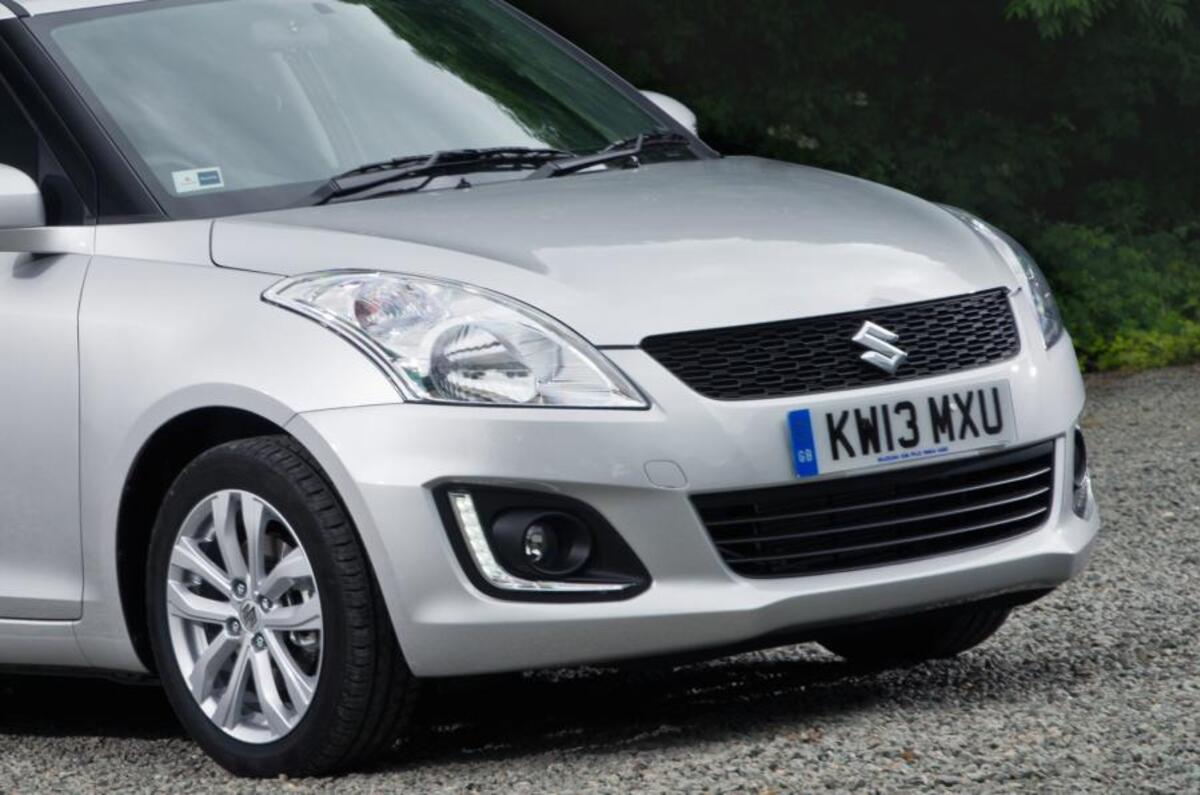Suzuki has admitted to incorrectly testing the fuel economy of 16 new models sold in Japan, but it says that recent retests show the results are still accurate.
In an official statement released today, the car maker said that it had created mpg figures by combining the results of individual component testing rather than from coasting testing, which is the standard industry practice.
The car maker says it conducted an internal investigation of the issue, and has decided that none of the affected cars, which include the Jimny, Ignis and Suzuki Swift, will need their figures changed as the results are accurate.
Suzuki says that it believes the cause of this issue relates to the fact that its testing location, the Sagara proving ground, is located at the top of a hill and close to the sea, where results can be affected by changing weather conditions and atmospheric pressure.
It suspects testers were aware of the possible inconsistencies of this location, and decided to use more consistent component data to create final mpg results.
The car maker will be correcting its testing procedures from here on, and has said that affected Japanese customers can continue to use their cars as usual. Although many of the affected models are also sold in the UK, Suzuki says only Japan-based cars are involved.




Join the debate
Add your comment
Liars!
Ya, my Suzuki Swift 1.5 GLX,
So they've got the right results but by the wrong method
Madness
I hope this trend doesn't spread to all the other specifications used to govern design and development of products. We really will be in trouble then